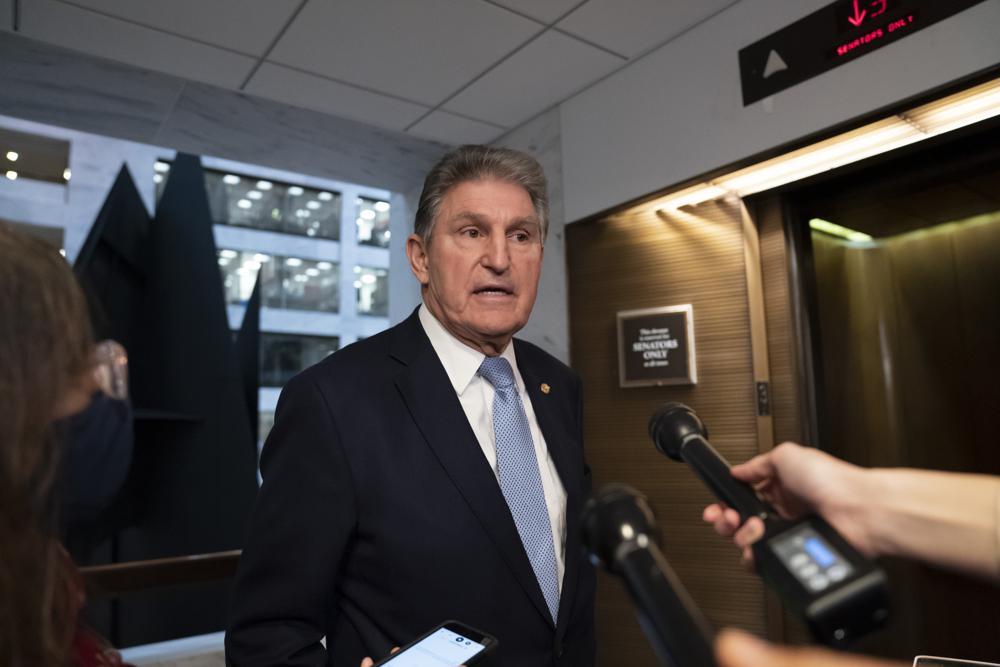While speaking to reporters on Jan. 18, Sen. Joe Manchin (D-W.Va.) rejected his party’s notion that tougher state-level election laws would obstruct voting rights, a bad sign for Democrats hoping to sway Manchin into weakening the filibuster.
After a string of policy failures for President Joe Biden before Congress’s winter recess, Democrats, looking for some victory in advance of a midterm season that’s expected to go in Republicans’s favor, made a frantic push to finally approve election legislation.





